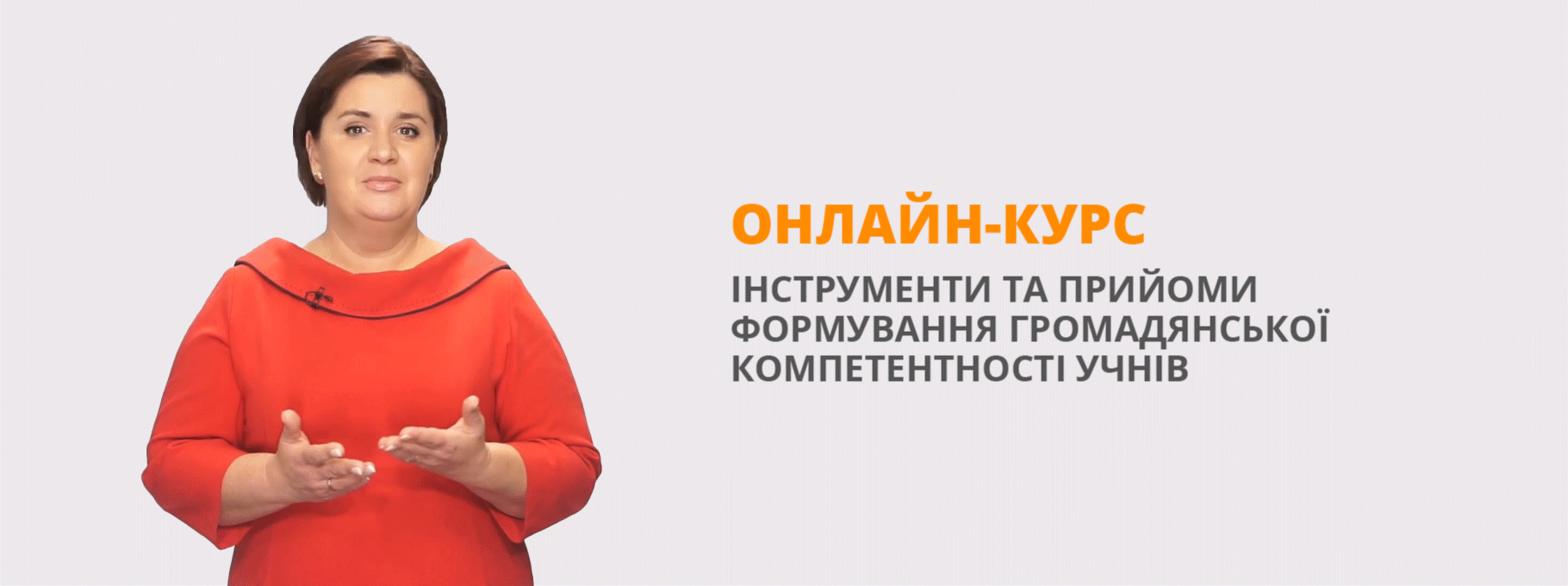English Primary School
English Primary School
In Great Britain school begins at the age of five. At the age of sixteen the children usually leave school. So they spend eleven years there.
There are primary and secondary schools in England. When children are five, they go to primary schools. First they attend infant schools or infant classes. They spend two years there till they are seven.
Their classes are usually informal: they learn to read, count and write through different games. They sing songs, dance, look at pictures in interesting books, draw, learn to get on with their classmates. So their lessons are easy, not difficult.
At the age of seven they go to junior schools and stay there till they are eleven. Real school begins. The lessons are more formal. There are different subjects on the timetable. Children study English, Maths, History, Nature Study, Geography, Art, Music, Physical Education (PE), Handicraft and Religion.
By the way, English children go to school five days a week. On Saturday arid on Sunday they have their days off. Classes usually begin at nine and are over at 4 o'clock. Children have lunch at school. In many primary schools pupils don't wear uniforms. But some schools have special uniforms. School year starts in September and is over in summer, in July.
At what age do children in Great Britain usually start school?
How long do children usually spend in school in Great Britain?
What type of schools do children attend at the age of five?
How long do children usually attend infant schools or classes in England?
What do children learn in primary schools at the age of five?
When do children in England have their days off from school?
What subjects do children study in junior schools in England?
At what time do classes usually start and end in English schools?
When does the school year in England start and end?
Do primary school pupils in England usually wear uniforms?

Створюйте онлайн-тести
для контролю знань і залучення учнів
до активної роботи у класі та вдома


















